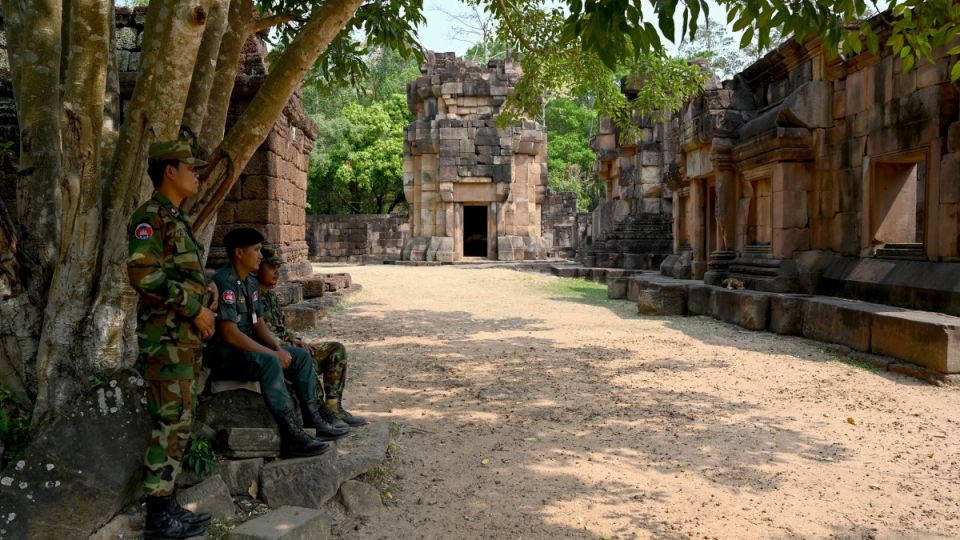June 3, 2025
BANGKOK – Maj Gen Winthai Suvaree, spokesperson for the Royal Thai Army (RTA), addressed ongoing tensions along the Thai-Cambodian border in the Chong Bok area of Ubon Ratchathani Province.
He clarified that Cambodian Prime Minister Hun Manet’s proposal to raise the territorial dispute at the International Court of Justice (ICJ)—to be discussed at the upcoming mid-June Joint Boundary Committee (JBC) meeting—is separate from the current on-ground issue, which centers on how both sides can coexist peacefully in an overlapping claim area that has not yet been clearly demarcated.
In the initial phase of de-escalation, both sides agreed to withdraw troops from the immediate clash site and allow the JBC to address legal and boundary-related matters through official agreements and frameworks.
Winthai noted that during the May 29 meeting between Gen. Pana Klaewblaudtuk, Commander-in-Chief of the Royal Thai Army, and his Cambodian counterpart, three key points were agreed upon:
Withdrawal of military personnel from the clash zone,
Use of the JBC mechanism to handle all legal and territorial matters,
Mutual efforts to prevent future confrontations, in line with existing MoUs and treaties.
He emphasised that the current informal “ground rules” have enabled both countries to coexist in undemarcated zones without altering the landscape or deploying aggressive military postures. “For example,” he said, “areas like the trench fall within zones under joint demarcation procedures, where both sides agree not to change the terrain or position heavy weaponry—especially not aimed at the Thai side.
Winthai also responded to images recently posted by Cambodian Senate President Hun Sen, who claimed certain disputed areas near Sala Trimuk belonged to Cambodia.
Winthai clarified that these are not locations where clashes occurred, describing them as forested areas with no prior civilian or military presence. Satellite and aerial imagery show that recent trench digging appears recent, contradicting claims of a long-standing Cambodian presence. “It’s clear these trenches weren’t dug 30–40 years ago. They’re freshly made,” he said.


